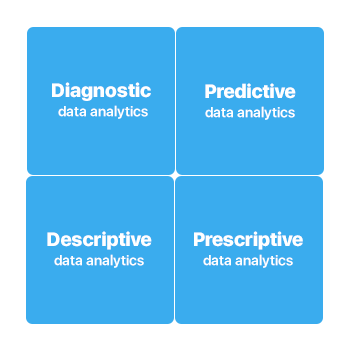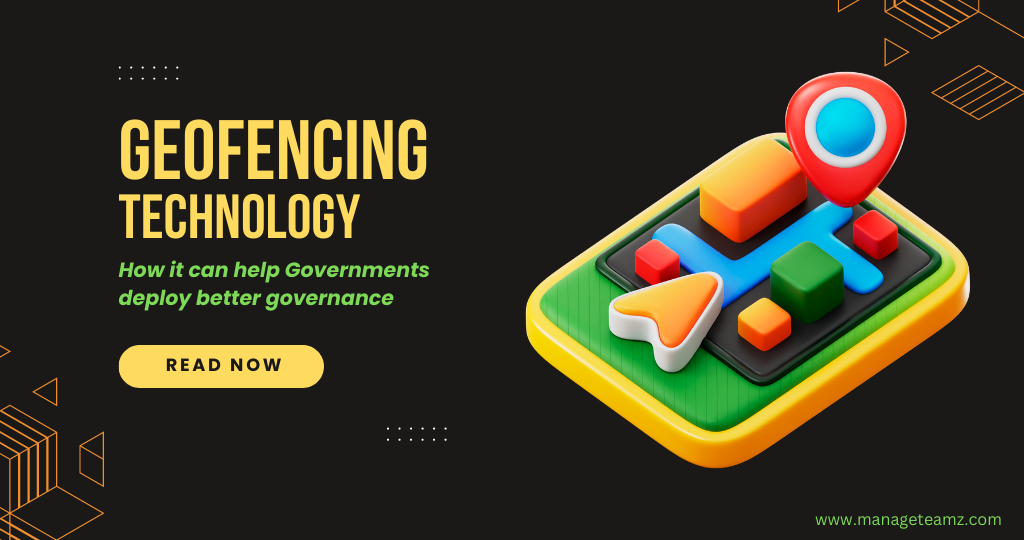Post industrialisation, the potential of supply chain management has sky-rocketed. The early 20th century has seen exponential growth in international trade and commerce. Many countries formed alliances to mass-produce products, right from MREs to motorcycles to defence machines. In such a monotonous world, one who understands the benefits of supply chain management had limitless power in their hands!
Fast-forward to the present, many sovereign nations maintain healthy bilateral relations with other countries. The international bodies for trade and commerce, a central bank, an international governing body to protect the heritage of the nations have reduced the friction between the countries and work towards a common goal. Supply chain management is now more relevant than ever.
If you are thinking of owning a business in this 21st century or running an existing business, you should consider investing quality time and resources in logistics planning and supply chain management.
What are the benefits of effective logistics planning and supply chain management?
- Easy and efficient collaboration
- Optimized quality control
- Better stock and inventory management
- A real-time picture of the market demand and surplus
- Maintain brand value
- Channelled investment
- A better “stop-loss” system
- Greater Return On Investment
What is the difference between supply chain management and logistics planning?
The difference lies in the context of the process. Both logistics and supply chain management deals with the flow of goods and services a company provides. Some argue that both these terms can be used interchangeably. The context of the business where these terms are used is all that makes the difference.

Logistics Planning
In simple words, logistics planning and operations is a part of the greater supply chain management. Every logistics planning is supply chain management but the inverse of the logic is not true.
Optimizing the logistics operations will help in improved supply chain management. A better supply chain management system enables you to channel the investment in the right direction and helps you identify the areas where the business could perform better.
Related Article: Top 10 Ways Logistics Companies Can Reduce Delivery Cost And Fetch High ROI
How hard is it to optimize supply chain management and logistics planning?
Different businesses require different strategies. The nature of business and the goal of the manufacturer or provider plays a major role in improving supply chain management. Though such complexities revolve around supply chain management, there are few common operations in any business that exists in the world! There are delivery operations, quality control, customer support, inventory management and organization, employee control, identifying the KPIs, and the list goes on like that!
These are the common operations that need to be straightened out before you can get into your niche. It doesn’t matter if you are manufacturing a bottle of tomato ketchup or an electric car, you need to maintain these metrics to stay in the market. The most practical way to achieve these metrics is by using the digital platform. The precision of achieving these standards increase by many folds when you combine data with the operations.
In this digital era, the options are simply limitless. The power of data has helped us gain a better understanding of our business operations. No one universal solution can be drafted to improve your supply chain management. One of the simplest methods is to use logistics delivery management software. It is basically a one-stop solution for managing all your logistics operations.
ManageTeamz is one such software. It helps you manage your delivery and logistics management, all under a single roof. There are many features embedded in the application like live tracking, automated delivery executive allocation, GPS tracking, Driver management, customer management, enhanced reporting, analytics and visualization, etc.
On top of all these features, the software is based on the cloud and is available on almost every digital platform in the world. The focus is on creating an airtight system that helps business owners to gain 360-degree visibility of their operations.
How can data help in optimizing your supply chain management?
Data engineering is now being used in different domains to gain a complete understanding of production and services. Incorporating data analytics forces businesses to make data-driven decisions. This helps you optimize the risk management system and increases the chances to achieve your business goals.
The 4 major data analytics methods are as follows

Descriptive data analytics
- Provides insights on the live and day-to-day operations of the business. Visualizes the available data in the hand.
Related Article: How Real-Time Visibility Is Transforming Traditional Logistics Practices?
Diagnostic data analytics
- Deals more with the why’s of the process. Provides insights on why a certain event is happening. It also helps to narrow down the root cause of an event and establish a correlation between the events.
Predictive data analytics
- Identifies patterns that repeat and find the cause and effects of these patterns. This deals with the data accumulated from descriptive data analytics.
Prescriptive data analytics
- Involves the strategic decision-making process and management. It paves way for the future of the business operations and makes use of the data from all the other analytics while forming a decision.
Wrapping this up,
The supply chain management of the businesses can greatly influence the country’s economy. There are hidden messages behind the lines and digital methods can help you read the messages relatively easier. You can call it route optimization software or a logistics delivery management software or a supply chain management solution– everything leverages technology to reach your vision!
Like what you’re reading?
Get on a free consultative call with our team of industry experts to explore the possibilities on the subject.






